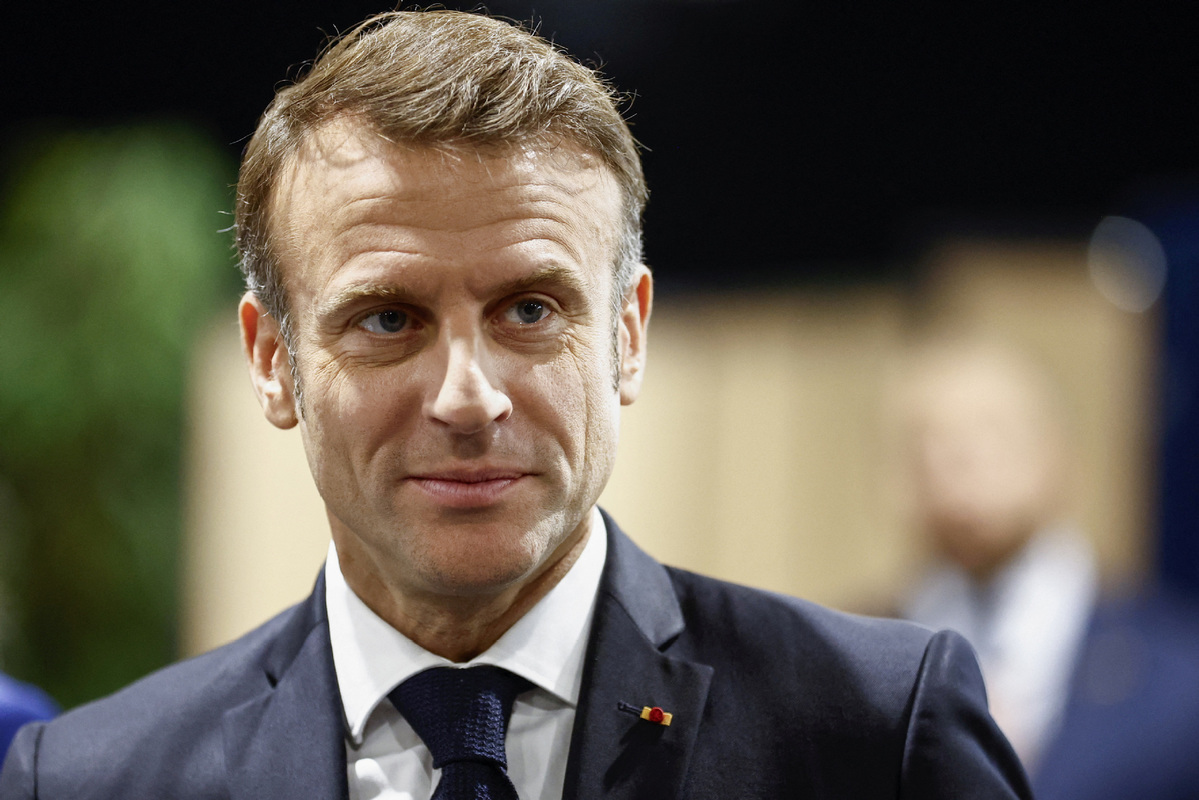Macron faces problems over govt formation after polls


France's President Emmanuel Macron may have seen the far-right National Rally party, or RN, relegated to third place in the country's national assembly election on Sunday, but he still faces a major headache over the makeup of the country's next government.
Macron's centrist coalition Ensemble finished second behind the hastily concocted New Popular Front alliance of parties of the left, or NFP, with RN in third.
None of them won the 289 seats needed for an outright majority, so now a round of horse-trading is taking place as people look to build alliances.
Macron is safe in his role as president, but faces having to contend with a new parliament no more sympathetic to him than the one before he called the snap election.
Prime Minister Gabriel Attal has offered his resignation, but Macron has asked him to remain in office until the post-election fog clears.
That does not seem like it will happen in a hurry, and to exacerbate the situation, this week Macron has to go to Washington for a meeting of leaders of the NATO military alliance.
'Choice of voters'
Mathilde Panot, parliamentary leader of one of the NFP parties, the hard-left France Unbowed, said Macron should "bow to the choice of the ballot box" and let the NFP take over.
This would lead to a situation known as cohabitation, where the president would be from a different party to the prime minister and the cabinet.
This has been done before, but only when there has been a party with a clear majority, which is not the case now.
Clement Beaune, the former transport minister and a close ally of Macron, who lost his seat in the election, said the NFP had no entitlement to power.
Writing on social media platform X, he conceded that the election had given the NFP "rights", but said the lack of a majority showed many of its members were not elected in their own right, but as a rejection of RN.
"The only answer is a broad coalition which party leaders must start negotiating," he wrote.
Macron has indicated his openness to forming a so-called rainbow coalition, which could include dissident members of the right-wing Republican party, who declined to join a preelection pact that party leader Eric Ciotti struck with RN.
But in a sign of how widespread divisions are across the political spectrum, Johanna Rolland, the chief negotiator for the Socialist party, has indicated it might welcome Ensemble members into the fold.
"We are clear-sighted but not sectarian, so those who want to meet us on these bases — I'm thinking, notably, about left-wing Macronists — we'll be open," she told television channel France 2.
































